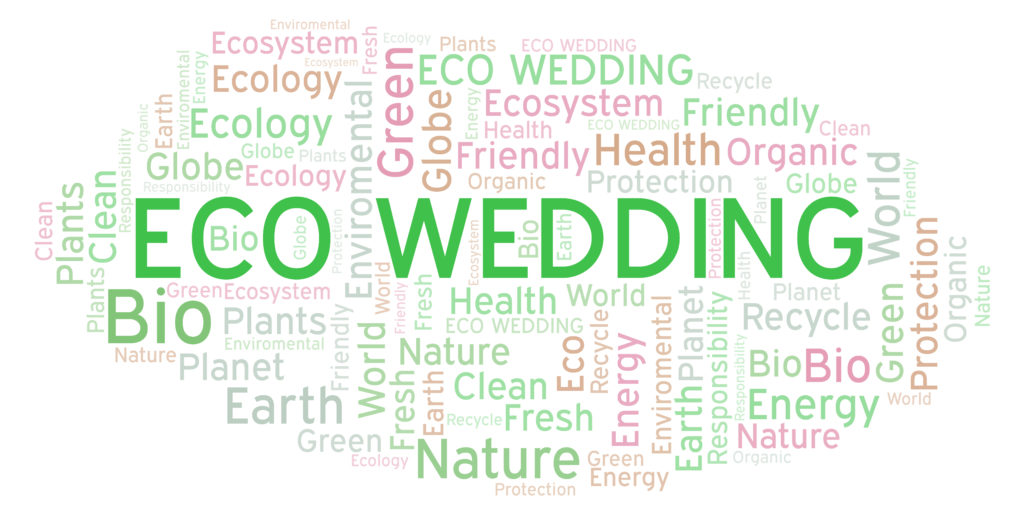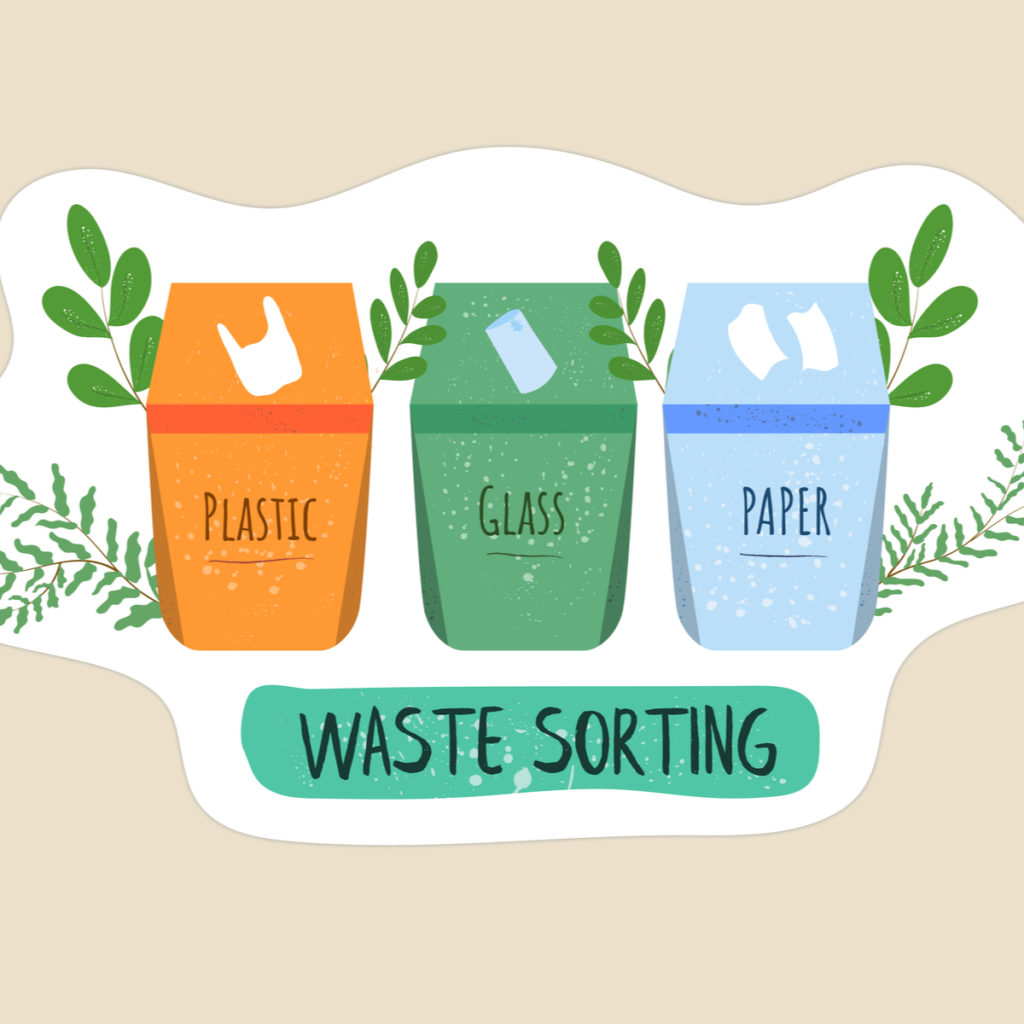By: Romina Kwong, WPICC Founder and Lead Sustainability Consultant, Eco-Friendly Events
Forest Fires. Flash Flooding. Climate Change. What the heck does that have to do with wedding planning?
Well, according to the Green Bride Guide, an average wedding produces anywhere between 400-600 lbs of waste and 63 tons of carbon dioxide. This is the equivalent amount of emissions 4-5 individuals would produce in an entire year.
On the other hand, PWC’s 2019 Global Consumer Insight’s survey reported that, “just 35% of respondents said they chose sustainable products to help protect the environment, 37% said they looked for products with environmentally friendly packaging, and 41% said they avoided the use of plastic when they could.”
What this tells us is that consumers are willing to spend money on products that are better for the planet as well as the desire to reduce waste in their daily lives and extends to their weddings.
In this 3 part blog series, we’ll cover ways in which you can pro-actively reduce the environmental impact of the weddings you plan in 3 areas: Venue, Catering and Décor.
Let’s tackle venue first:
- Location, Location, Location
One of the largest environmental impacts is travel. When choosing a location, it is best to choose one that is centrally located to the majority of the couple’s guest list. Basically a destination wedding is probably not the best choice when keeping the environment in mind.
- Energy Efficiencies
The UNEP reports that buildings use about 40% of global energy, 25% of global water and emit approximately 1/3 of greenhouse gas emissions. So, during your site visit or research stage, it’s important to ask your venue what sort of energy efficiencies they have to power their building. Two really great third-party certifications to look out for are LEED Certified buildings as well as Green Key hotels.
- Waste Management
Perhaps you’ve already booked your venue. Additional questions you can ask while planning is what sort of receptacles are on-site. Do they have recycling and compost? And even more importantly, WHO is the waste management company and WHAT items do they accept into each bin? Then you’ll be able to coordinate what items to bring on-site to ensure that they don’t end up in landfill.
Did you know that each waste management company and municipality accepts different items? I know. I was shocked too when I first learned this. For example, the City of Toronto doesn’t accept black plastic into recycling while the Region of Peel does. So be sure to ask!
Remember that every little action counts and if you’re ever unsure, hire an expert!
I’m Romina King, the Founder, Lead Consultant and Speaker of Eco-Friendly Events. A consulting agency that supports event organizers and businesses by bringing a holistic, accessible and realistic approach to implement green initiatives.
Through Eco-Friendly Events, I advocate for environmental and social justice and strongly believes in approaching environmental sustainability with incremental, yet impactful actions.
My aim is to educate all event organizers such that having an event sustainability strategy is second nature, and simply part of the planning process.










Leave a Reply